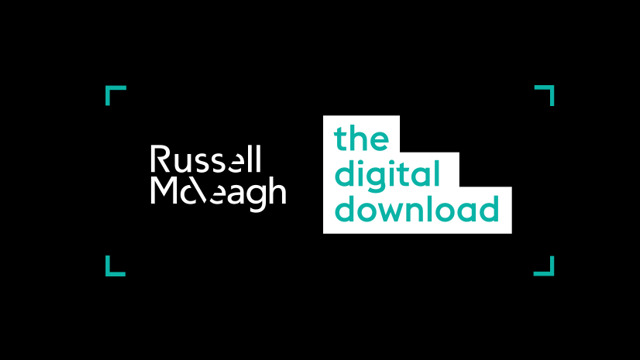In this final episode of our SaaS series, we discuss practical tips for preparing and negotiating SaaS terms and conditions.
It is common for SaaS suppliers to present their standard terms on a 'take it or leave it' basis. This may be acceptable to customers for low-risk, low-cost, and standardised services. In all other cases, customers may seek to negotiate key terms.
To avoid lengthy negotiations, consider adopting a relatively balanced position in the areas you know your customers will be concerned about. This is particularly important if you're contracting with consumers or entering into lower value business contracts, which need to take into account the new Unfair Contract Terms regime.
Customers often go to market with an RFP for business-critical SaaS solutions and may require that you contract on the customer's standard terms. Your response to the contract may form part of the wider scoring and may affect your success in the RFP process.
However, particularly as your organization grows, it may become difficult to manage non-standard contract terms across a larger customer base, especially when operating from a shared platform. Aligning to global high-watermark positions or obtaining internationally recognized security certifications and accreditations, such as the ISO 27001, can help.
With privacy and data protection being a key concern for customers, consider having a data processing addendum that refers to applicable privacy laws generally and can apply to your customers in all your key markets.
Your customers will expect some basic assurances in relation to your SaaS product. At a minimum, customers are likely to expect a warranty that their SaaS product will comply with applicable published documentation or specifications.
A balanced liability position will also be important to customers and particularly if the new Unfair Contract Terms regime applies. This should be a key focus area for suppliers as well. In these circumstances, we recommend adopting mutual liability positions wherever appropriate and if asymmetric liability positions will be included that favour the supplier, the supplier will need to be able to justify those positions as necessary to protect their legitimate business interests.
From a support perspective, it is typical for customers to expect some form of commitment regarding support services and hours, including incident response and resolution times, even if they're just targets.
Successful implementation is critical for the success of any SaaS project, so, SaaS terms should provide customers with comfort in this area, including in relation to costs, key personnel, and timeframes.
Customers will expect usual rights of termination to apply on a mutual basis, for example, termination for material breach or insolvency. And this is another area where suppliers need to be mindful to ensure that they comply with any requirements to ensure their terms and conditions are fair. In particular, any payments required of customers upon termination need to be given particular careful consideration.
Certainty on pricing and fee increases will be important to your customers. Consider linking fee increases to CPI or an agreed percentage rather than having an unfettered right to increase pricing in your discretion. Again, under the new Unfair Contract Terms regime, suppliers need to be careful to ensure that any unilateral right of variation isn't unfair in its application. Suppliers in-scope of this regime may wish to consider linking pricing increases to renewal or giving customers the right to exit if they don't agree to any particular fee increase.
You can view the Digital Download Series episodes here.



